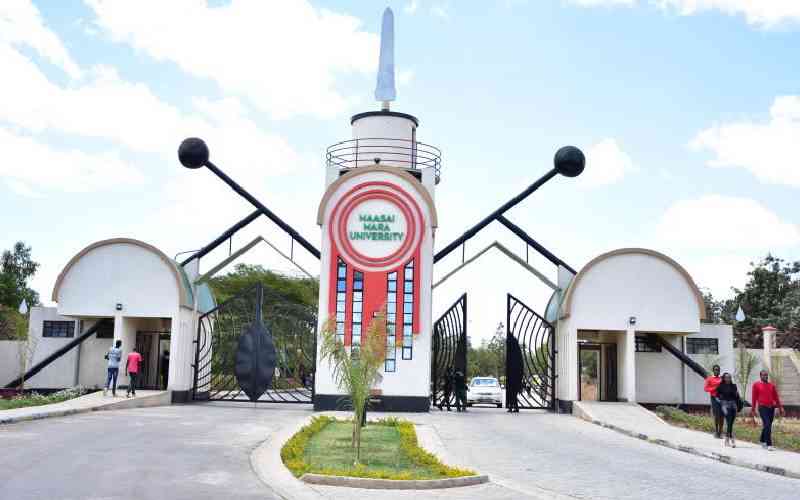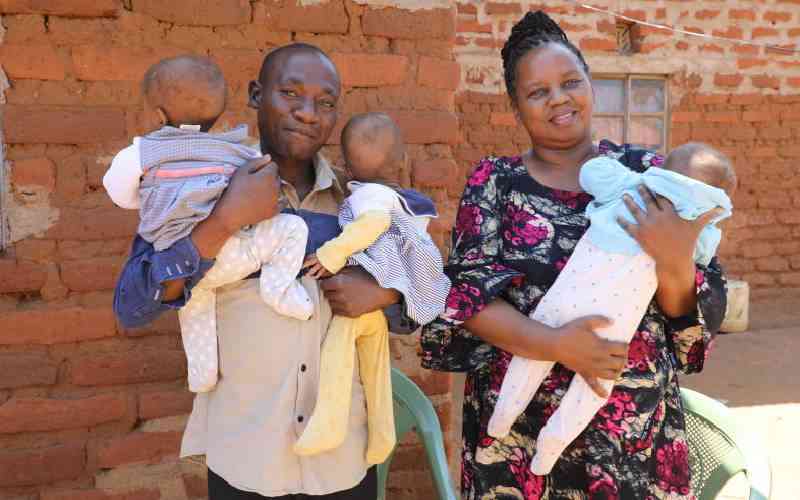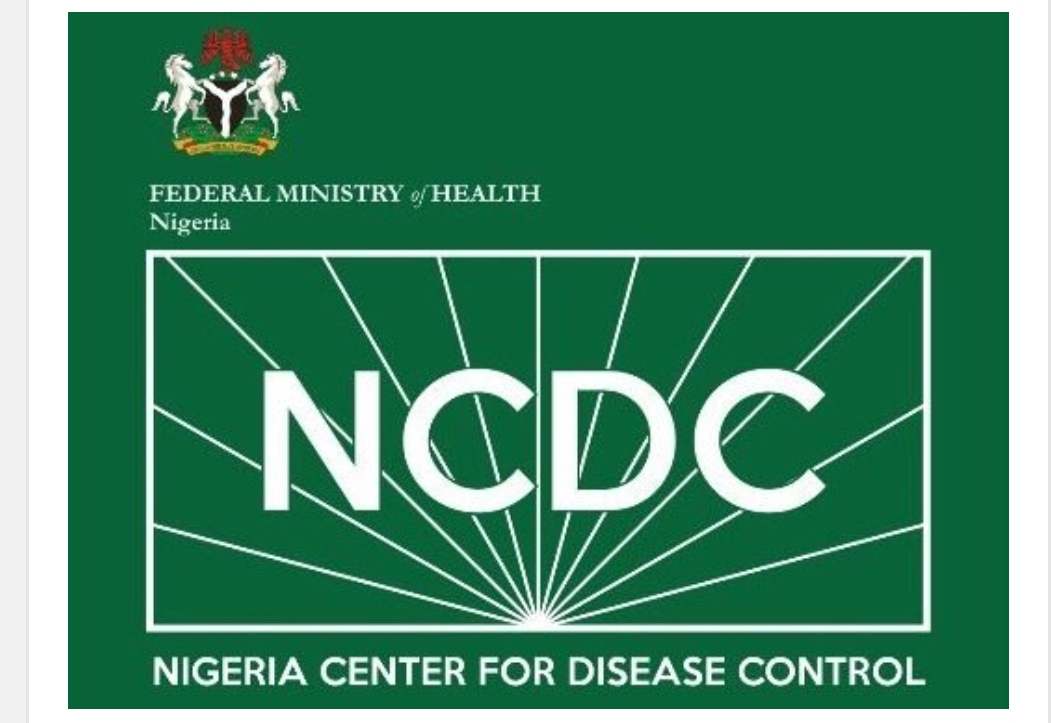Zambia : Is the PF Poised to Unseat HH in 2026?
By Kapya Kaoma
This question is on the minds of many Zambians, yet the answer remains elusive. Zambian political history suggests a grim fate for any party that loses power: it risks extinction. This history has emboldened UPND political commentators and insiders alike, using it as ammunition in their organizational strategy: “The PF will never reclaim power; history proves it!” Yet, the PF may stand a stronger chance of unseating the UPND in the upcoming 2026 elections than many are willing to acknowledge.
Dismissing this possibility ignores one key factor. It’s uncertain whether Zambian politics will continue to support an ever-growing number of political parties. What is certain, however, is that the UPND won’t vanish even if President Hakainde Hichilema loses in 2026. Should that happen, he would undoubtedly seek to run again in 2031 on the UPND ticket, as long as Southern Province—and its ethnic dominance—exists. Like many political movements worldwide, the party’s strength is rooted in its ethnic identity, allowing it to remain a formidable presence without the need for widespread organization elsewhere in the nation.
In contrast, the PF lacks a defined tribal or ethnic stronghold. Instead, its resilience lies in what social movement theorists call “laden structures”—existing institutions in various provinces, a legacy left by its founder, Michael Sata. The PF government excelled at establishing local chapters, a strategy that ultimately engulfed the MMD long before it captured Plot 1.
Moreover, the PF has refused to retreat quietly into the shadows after its 2021 electoral defeat. The political witch hunts and often politically motivated prosecutions under Hichilema’s administration have inadvertently forged the PF’s identity as a persecuted party. This witch hunt not only fosters solidarity within its ranks but also shapes public perception of Hichilema’s regime.
Hichilema’s repeated attacks on certain ethnic groups, particularly the Bembas and Easterners, have fueled further resentment among substantial segments of the electorate. Adding insult to injury, many voters from the PF base have noted that they were left out of agricultural assistance schemes that benefited UPND strongholds, providing fertile ground for the PF to exploit ethnic grievances in rural areas.
The economic situation has further played into the PF’s hands, with Hichilema’s once-promising campaign focused on economic reform now overshadowed by its own pitfalls. Faced with soaring inflation and crippling debt, Hichilema has backpedaled on nearly all his campaign commitments, contributing to a steep decline in his political popularity.
The return of former president Edgar Lungu to active politics has sent shockwaves through Hichilema’s administration, triggering a sense of urgency and panic. Rather than allowing time to prepare for a potential rematch in 2026, Hichilema has resorted to using law enforcement strategies to neutralize his opponents. This has resulted in a series of humiliations for the Lungu family and a rising sense of sympathy and support for Lungu in the public sphere. While some legal actions may be justified, many perceive them as mere “mingalatos” designed to stifle the PF’s resurgence.
In doing so, Hichilema has unwillingly aided the PF’s reorganization efforts in forging alliances with smaller parties. It remains uncertain whether these alliances will endure until election day. Should the economic situation improve dramatically, Hichilema could reestablish his political footing. Yet, the harsh reality remains: the PF has effectively painted Hichilema as a failure. Thus, they stand a better chance of regaining power—if they can present a compelling candidate.
Aware of this precarious situation, Hichilema will likely do everything in his power to halt the PF’s momentum. Nevertheless, it appears that, for now, the toothpaste is already out of the tube. No wonder the UPND is now retreating to the tactics of pre 1990 “one-party regime”—forcing civil servants, school children, and ordinary people to attend its political rallies!










